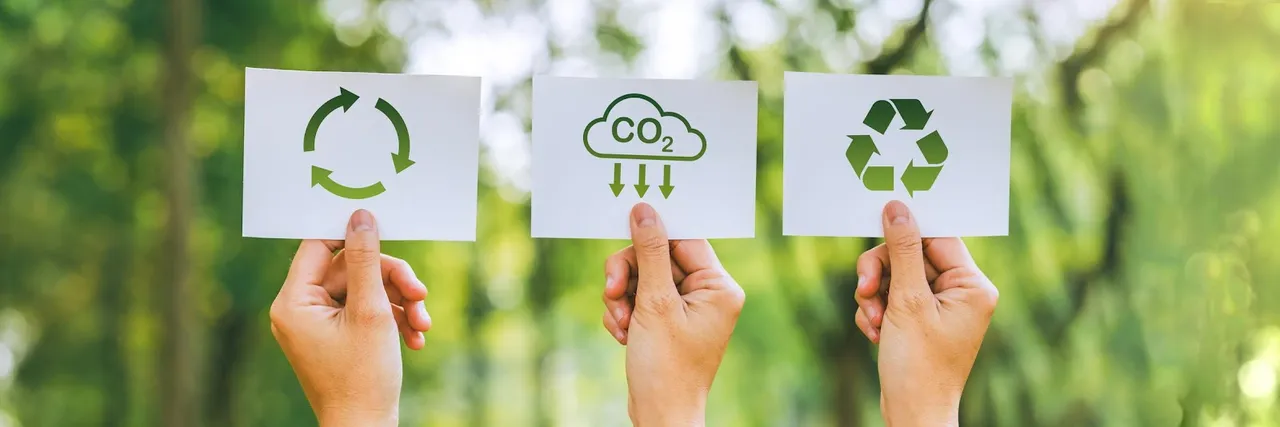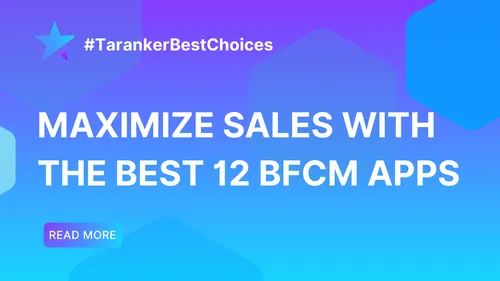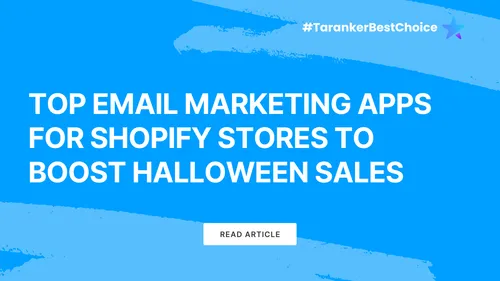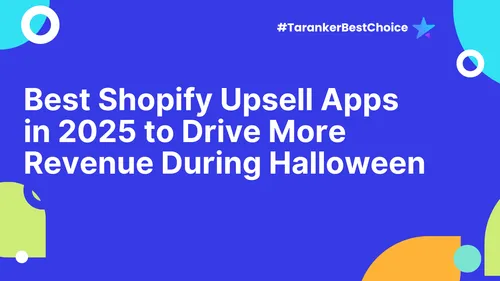The eCommerce landscape is evolving rapidly, and Shopify continues to lead the way with innovative features, enhanced customization, and AI-powered solutions. For Shopify merchants, staying ahead of industry trends is crucial to remain competitive.
So, what does the future of Shopify development look like? Here are 10 key trends shaping the future of Shopify and eCommerce.
1. AI-Powered Personalization & Chatbots

Artificial Intelligence (AI) is transforming the way Shopify merchants interact with customers. AI-powered apps are being used for:
✔ Personalized product recommendations based on browsing and purchase history.
✔ AI chatbots like Tidio and Gorgias, which offer 24/7 customer support.
✔ Automated email & SMS marketing campaigns that boost engagement and conversions.
💡 Future Impact: Expect AI-driven dynamic pricing strategies and hyper-personalized shopping experiences.
2. Voice Commerce & Smart Assistants

With the rise of Alexa, Google Assistant, and Siri, voice shopping is becoming more popular. Shopify stores are integrating:
✔ Voice search optimization for better discoverability.
✔ AI-powered product searches that support natural language queries.
✔ Seamless voice-based checkout for a frictionless shopping experience.
💡 Future Impact: Shopify merchants must optimize product listings and metadata for voice search.
3. Headless Commerce for Faster Performance
Headless commerce decouples the front-end from the back-end, allowing merchants to:
✔ Use custom front-end frameworks for lightning-fast performance.
✔ Integrate with multiple channels like mobile apps, IoT devices, and smartwatches.
✔ Improve site speed, mobile responsiveness, and UX customization.
💡 Future Impact: Shopify is pushing Hydrogen & Oxygen, its headless commerce solution, enabling advanced storefront customization.
4. Augmented Reality (AR) & 3D Shopping Experiences

Augmented Reality (AR) is revolutionizing eCommerce by enabling virtual try-ons and 3D product previews. Shopify merchants can:
✔ Use Shopify AR to create 3D product models.
✔ Allow customers to visualize furniture, clothing, and accessories before purchasing.
✔ Reduce returns and boost conversions with interactive shopping experiences.
💡 Future Impact: AR-powered eCommerce will become standard for fashion, home décor, and beauty brands.
5. One-Click Checkout & Payment Innovations

The checkout process is being optimized for speed and convenience. New trends include:
✔ Shopify One-Page Checkout, reducing cart abandonment.
✔ Buy Now, Pay Later (BNPL) options from apps like Klarna, Afterpay, and Shop Pay Installments.
✔ Cryptocurrency payments, enabling global transactions with reduced fees.
💡 Future Impact: Expect more seamless payment options and integration with digital wallets like Apple Pay and Google Pay.
6. Sustainable & Eco-Friendly Shopping

Customers are becoming more conscious of eco-friendly and sustainable shopping. Shopify stores are adapting by:
✔ Offering carbon-neutral shipping via apps like EcoCart.
✔ Using sustainable packaging to reduce waste.
✔ Partnering with green payment solutions that contribute to environmental causes.
💡 Future Impact: Expect more sustainability-focused Shopify themes and apps to help merchants meet eco-conscious consumer demand.
7. Social Commerce & Livestream Shopping

Social media platforms like Instagram, TikTok, and Facebook are now major eCommerce drivers. Shopify merchants are leveraging:
✔ Shoppable Instagram & TikTok posts, enabling direct product purchases.
✔ Live shopping events, where influencers showcase products in real-time.
✔ UGC (User-Generated Content) to build brand trust and increase conversions.
💡 Future Impact: Shopify-TikTok integrations will continue to grow, making social commerce more immersive and interactive.
8. Subscription-Based eCommerce Growth

Subscription models provide predictable revenue and increase customer lifetime value. Shopify merchants are using:
✔ Recharge and Bold Subscriptions for recurring payments.
✔ Custom loyalty programs that reward long-term customers.
✔ Subscription boxes for beauty, fashion, and niche markets.
💡 Future Impact: Expect AI-powered subscription recommendations to personalize offers based on shopping behavior.
9. Hyper-Personalized Email & SMS Marketing

Email and SMS marketing are evolving with AI-driven personalization. Shopify merchants are seeing:
✔ Automated email flows triggered by customer actions.
✔ AI-powered SMS marketing for abandoned cart recovery.
✔ Segmentation-based promotions, improving ROI.
💡 Future Impact: Expect deeper Shopify-Klaviyo integrations to drive even better targeting and automation.
10. Enhanced Security & Fraud Prevention

With cyber threats rising, Shopify is improving security features for merchants, including:
✔ AI-driven fraud detection for chargeback prevention.
✔ Shopify Protect, offering automated fraud protection for orders.
✔ Stronger encryption & compliance with GDPR and PCI standards.
💡 Future Impact: Shopify will roll out more advanced fraud prevention tools to protect merchants and customers.
Final Thoughts
The future of Shopify development is driven by AI, automation, personalization, and seamless customer experiences. Whether it's voice commerce, AR shopping, or sustainable eCommerce, staying ahead of these trends will ensure Shopify merchants thrive in a competitive market.
🚀 Ready to future-proof your Shopify store? Start implementing these trends today!
Frequently Asked Questions (FAQs)
1. What is the biggest Shopify trend in 2025?
AI-powered personalization, voice commerce, and headless Shopify development are expected to dominate.
2. How can I implement AR shopping in my Shopify store?
Use Shopify AR or apps like Threekit to create 3D product models and interactive experiences.
3. Will cryptocurrency payments become standard on Shopify?
Shopify has started integrating crypto-friendly payment gateways, but mass adoption depends on customer demand.
4. How can I optimize my Shopify checkout experience?
Enable one-click checkout, offer BNPL options, and integrate digital wallets like Apple Pay.
5. Are subscription-based Shopify businesses profitable?
Yes! Recurring revenue models provide predictable income, especially in niche markets like beauty, fashion, and food.













